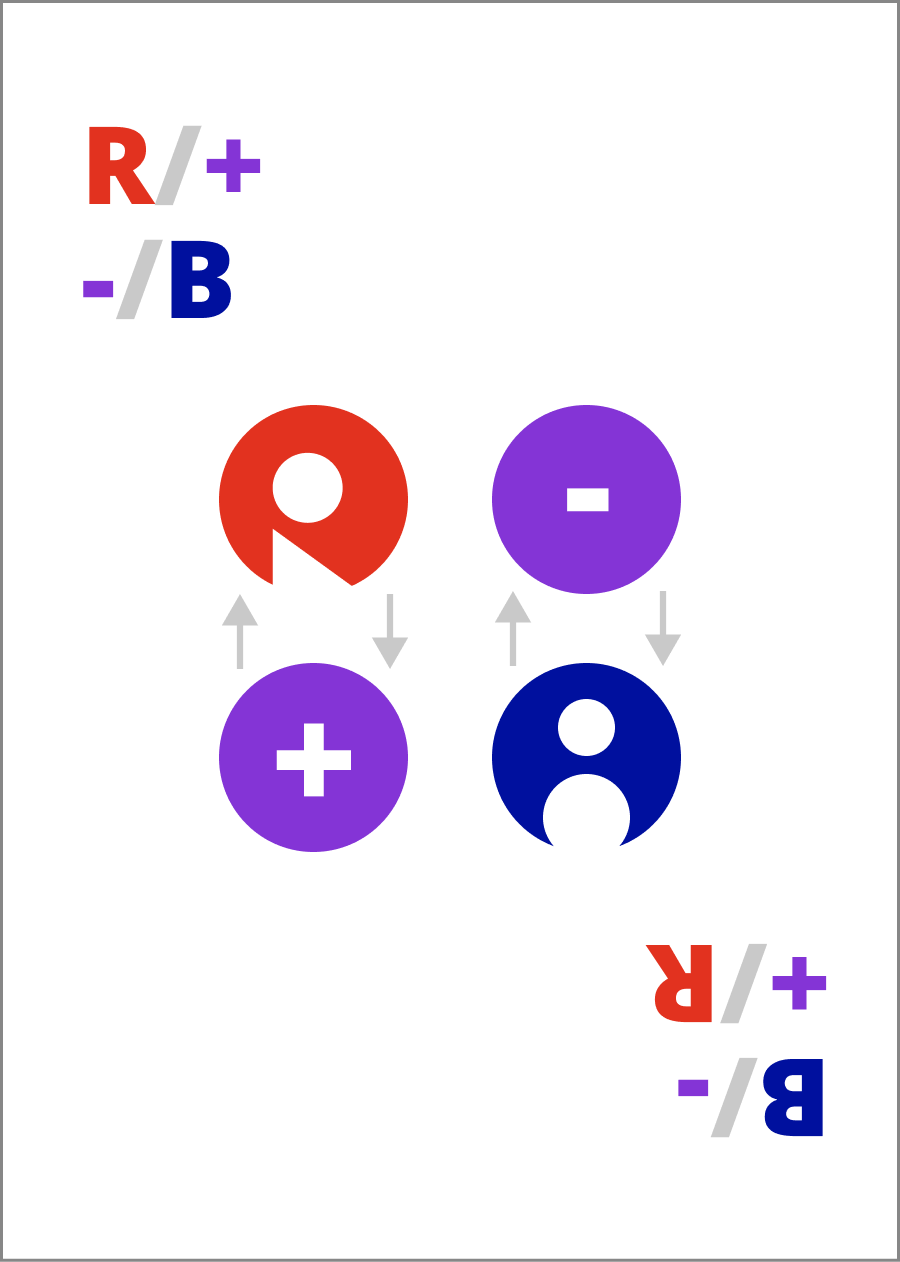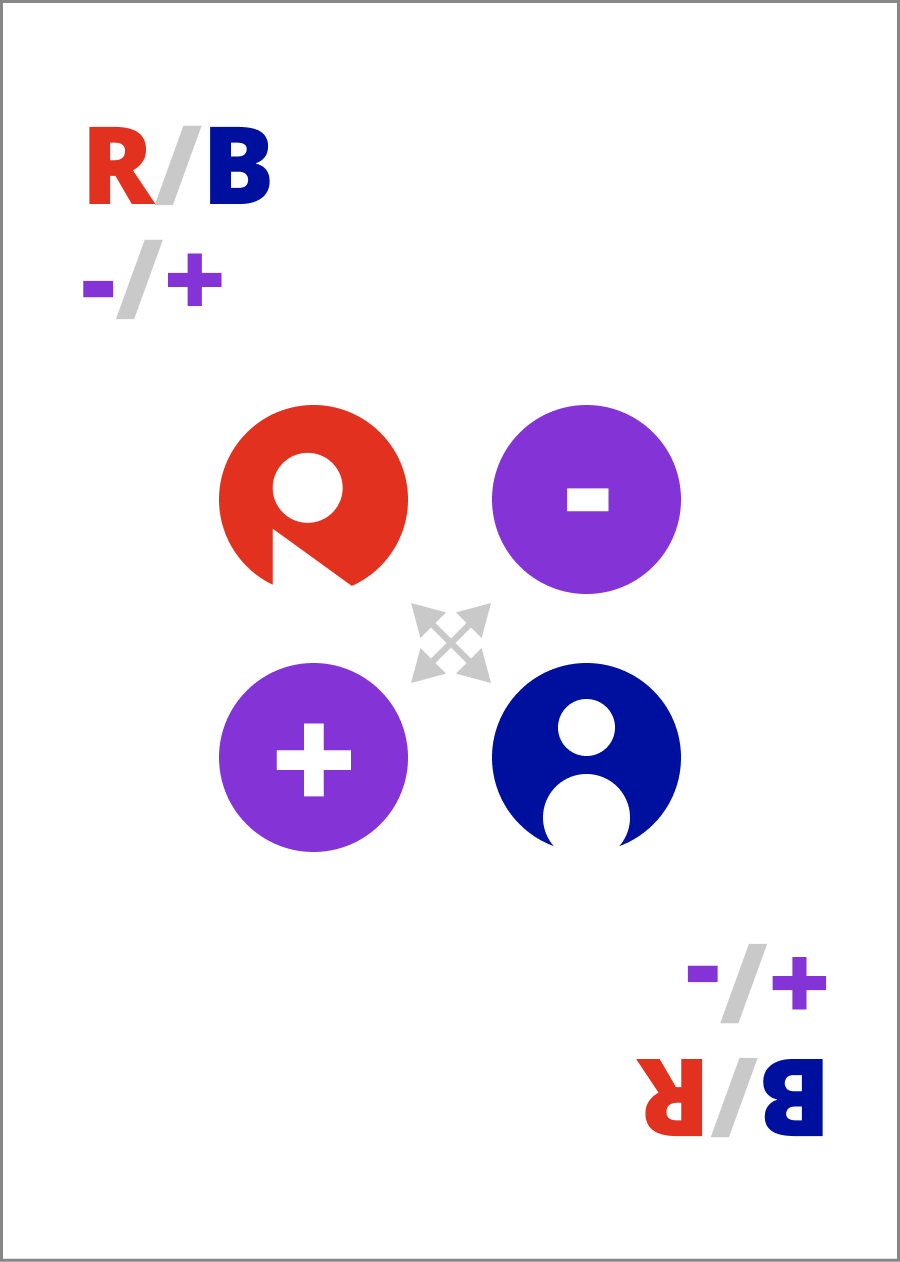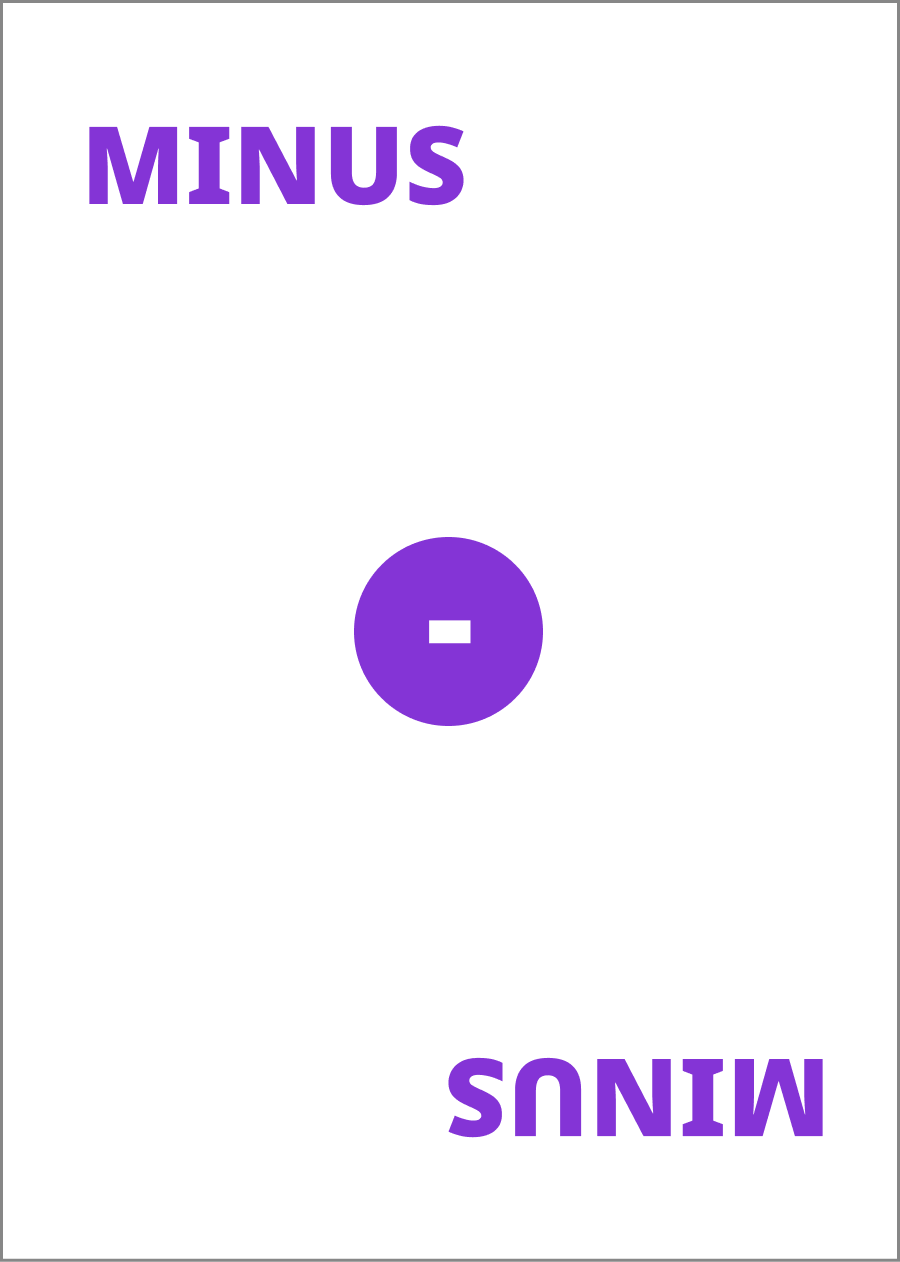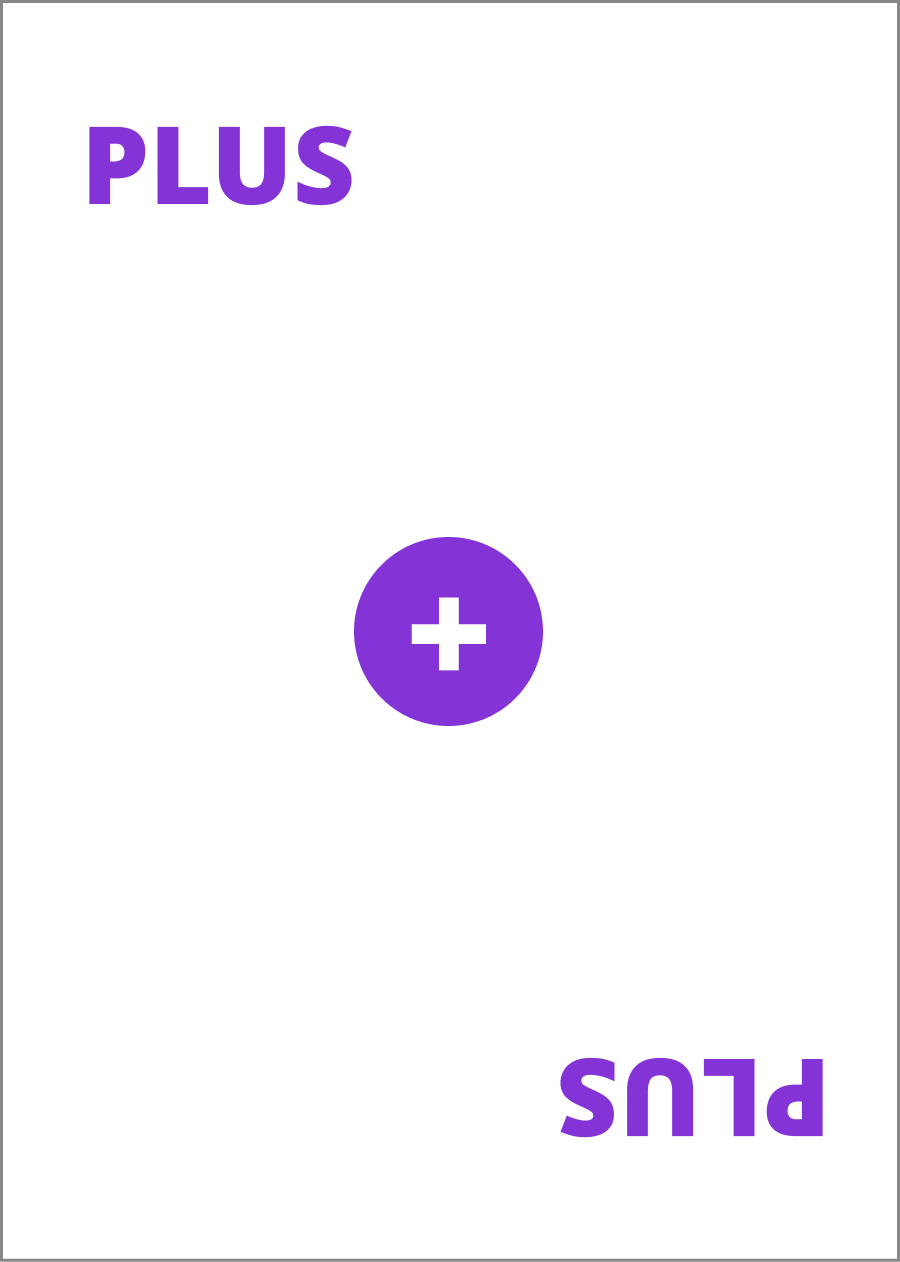last updated--2022.2
QUANTUM CARD GAMES
graphic design for card games
About
The quantum games project is a project under the STAGE Lab at UChicago’s Pritzker School of Molecular Engineering. The goal is to help the wider community get familiarized with quantum physics rules through game design. We design games with rules and strategies that resemble concepts of wave-particle duality, measurement, superposition, randomness, tunneling, interference, coherence, quantum fidelity, and entanglement.
Role
visual designer, game designer
I designed 85+ cards for the quantum poker games in Figma, and tested the designs with physicists, UChicago students, and high school students in the local community.
Special thanks to help from ShaoBo Zhang
Tool
Figma
QUANTUM CARD GAMES
graphic design for card games
About
The quantum games project is a project under the STAGE Lab at UChicago’s Pritzker School of Molecular Engineering. The goal is to help the wider community get familiarized with quantum physics rules through game design. We design games with rules and strategies that resemble concepts of wave-particle duality, measurement, superposition, randomness, tunneling, interference, coherence, quantum fidelity, and entanglement.
Role
visual designer, game designer
I designed 85+ cards for the quantum poker games in Figma, and tested the designs with physicists, UChicago students, and high school students in the local community.
Special thanks to help from ShaoBo Zhang
Tool
Figma






Reflection
This was my first time designing analog games and also my first time working for an official university lab. To be honest, it was very challenging to work with people from completely different backgrounds - from Physics professors to artist to game designers. However, this pushed me to practice and improve my communication skills.
I also learned that playtesting is very important. The set of card designs that I liked the most and thought were the most aesthetic turned out to be not as practical as some other designs. I realized that the number one goal of my designs is to make the game and its rules as straightforward to the player as possible. Playtesting allowed me to achieve this.
This was my first time designing analog games and also my first time working for an official university lab. To be honest, it was very challenging to work with people from completely different backgrounds - from Physics professors to artist to game designers. However, this pushed me to practice and improve my communication skills.
I also learned that playtesting is very important. The set of card designs that I liked the most and thought were the most aesthetic turned out to be not as practical as some other designs. I realized that the number one goal of my designs is to make the game and its rules as straightforward to the player as possible. Playtesting allowed me to achieve this.